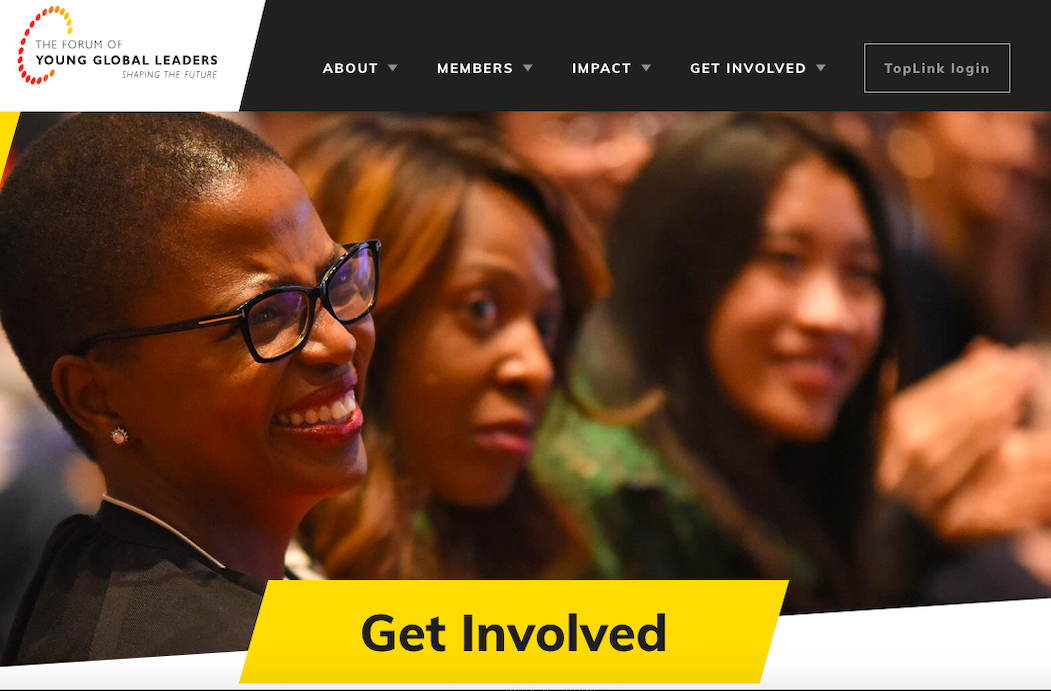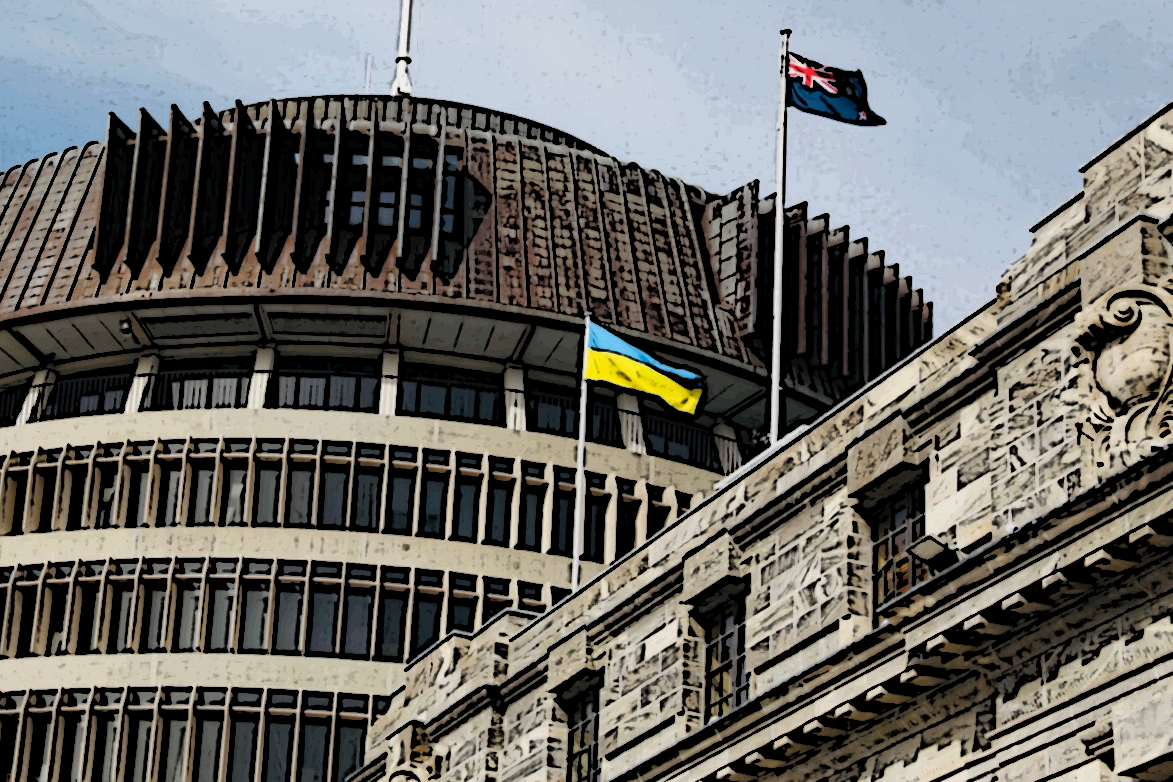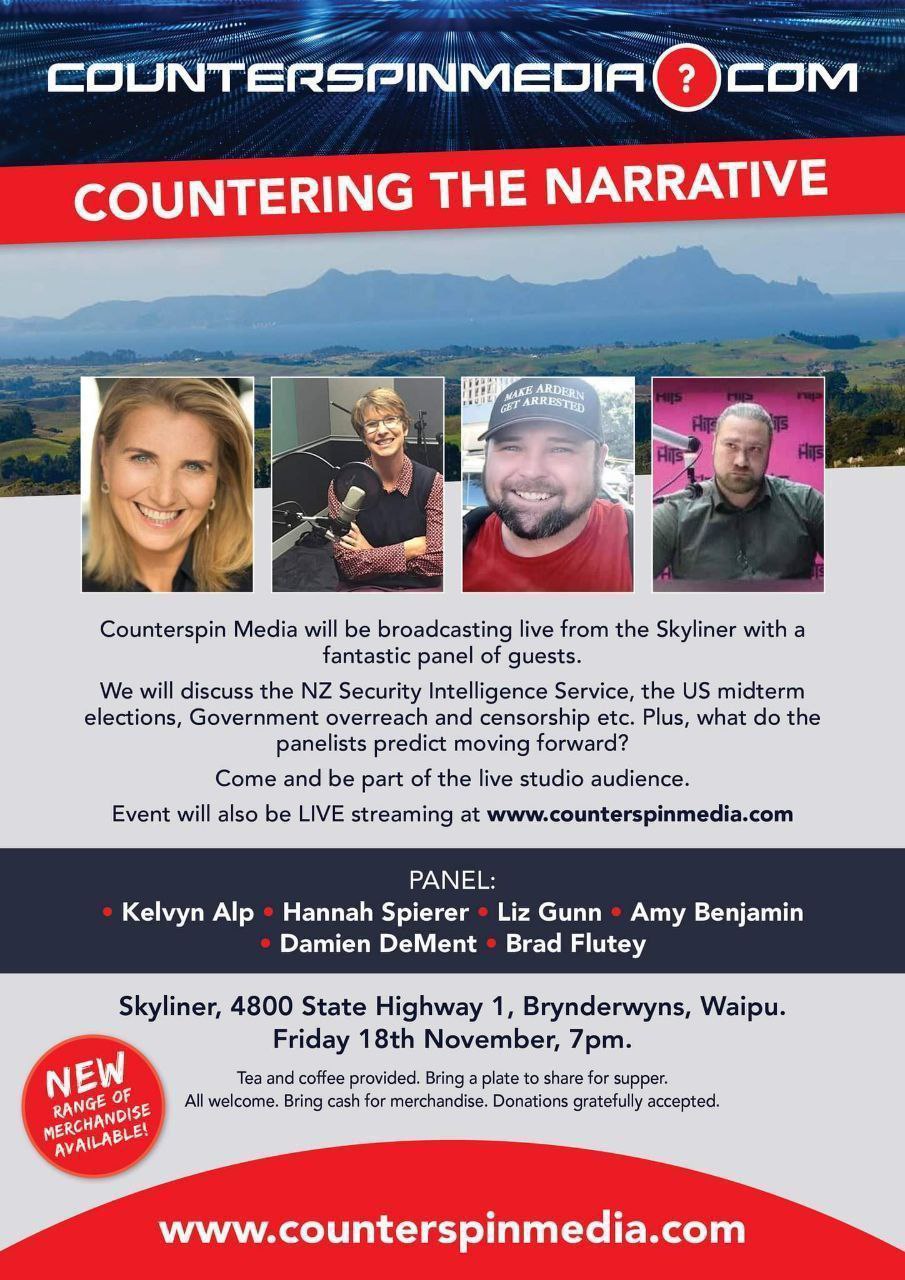
YOUNG GLOBAL LEADERS Individual Brilliance or Supported Global Influencers?
by guest-writer, Marilyn Parks
Earlier last month, on 13th September, it was announced that New Zealand’s youngest MP – Hana-Rawhiti Maipi-Clarke from Te Pāti Māori, has been given a One Young World Politician of the Year Award.
This award recognises four of the world’s most outstanding politicians between the ages of eighteen and 35, who are using their positions to have a positive impact on young people in their communities and countries. In M.P. Maipi-Clarke’s case, this is for her involvement in the political realm as a young Māori and allegedly, amongst other ‘outstanding’ activities, for being a voice for the younger generation within New Zealand’s democracy.
However, Maipi-Clarke is not the first young Maori to win the award. Last year Mayor Moko Tepania, previously a Te Reo teacher, won the award. Mayor Tepania made history in 2022 when he was elected Far North’s youngest and first Māori mayor.
Are you starting to see a pattern here?
So Who are One Young World who are giving out these awards? Amongst the many funders of One Young World are AstraZenica (Medical solutions including Covid Vaccines) and the Zurich Foundation. The latter is focused on the UN goals of sustainability and climate change. Also contributing are Air Canada and other successful business partners.
While not immediately apparent, the clues and links to Sustainable Development Goals and Ministry of Foreign Affairs, UK all lead to the UN and 2030 agenda.
In amongst the One World Leadership link is a link to a Delegate Ambassador for Australia, New Zealand and the Pacific Island Nations: Demetria Chelepy who has a Practicing Certificate from the Law Society of NSW, is Senior Manager of Customer Complaints Governance with the Westpac Group in Sydney. What her role is, is not explained. She may have had a hand in the selection of the awards. She may be there to support the new Youth leaders.
Searching through the many links is the intriguing ‘Youthful Cities’, that highlights housing solutions. Many of these solutions sound wonderful and almost too good to be true, and sadly they are. The red flag goes up when a link leads to ‘Transforming Montreal into a 15-Minute City’. 15-minute cities, which eliminate car traffic, are another UN 2030 goal. (https://www.youthfulcities.com/about-us/partners/ )
Young World Leader, who receive the awards are always selected for a specific reason.
Quote: From ending extreme poverty to protecting our oceans, the Sustainable Development Goals are an ambitious roadmap to a sustainable future. To make this future a reality by 2030, we need a generation of young leaders who are meaningfully engaged with the Sustainable Development Goals and are working purposefully to achieve them. (https://www.oneyoungworld.com/ Lead2030 | One Young World
Hence, the focus for the young leader awards is not only to influence governments towards achieving the UN goals but all aspects of the commercial and political world in diverse areas such as AI, ‘tailored foods’, tribal networks, farming, solar water and ‘climate change’ initiatives. The awards aim to capture every aspect of future living.
Strong business links are clearly prime considerations for young global leaders. In this context, the motives behind the award given to the young Maori MP, Hana-Rawhiti Maipi-Clarke, and Mayor Tepania stand out clearly. MP Maipi-Clarke and Mayor Moko Tepania are being groomed to ensure that the UN 2030 agenda is being pushed in NZ politics in both the local and governmental levels. Both are in prime positions of influence, not only through their political position but in their Maori networking connections.
Mayor Tepania (Ngāti Kahu ki Whangāroa, Te Rarawa), of the Far North District Council, is currently Northland’s Local Government New Zealand (LGNZ) board member and its committee chairman and is a national executive member of LGNZ subcommittee, Te Maruata, a collective of Māori working in local government.
M.P. Maipi-Clarke (Ngapuhi, Ngati Porou, Te Atiawa, Waikato, and Ngai Tahu), is equally ambitious. She was instrumental in attempting to lower the voting age through Te Pati Maori, but the bill was withdrawn after the 2023 election and the National coalition came to power. Both have strong iwi connections behind them and were being groomed as young Maori leaders long before they came to the attention of the UN. Or perhaps they were being noticed and influenced from the first? One has to wonder at their rapid rise and the forces behind them.
Either way, a conclusion that one cannot avoid is that the UN, through scholarships, conferences and awards, is not only influencing its 2030 Sustainability Goals but actively pursuing them by any means possible. It is not leaving their implementation to the governments in charge; it is seeking to ensure they eventuate also through the political opposition.
Neither recipient of the award appear aware that they are being used and are happy to accept the accolades and be influenced. So how many other young industry leaders in New Zealand are also being influenced by the UN?
Look for more articles by the Counterspin team of writers on counterspinmedia.com/blog
and at counterspinmedia.substack.com
Please pass all Counterspin articles on to those you think would appreciate them but will not come to them without your assistance. We are creating the new world, and it begins with honest human interaction and the sharing of ideas.




Leave a Comment